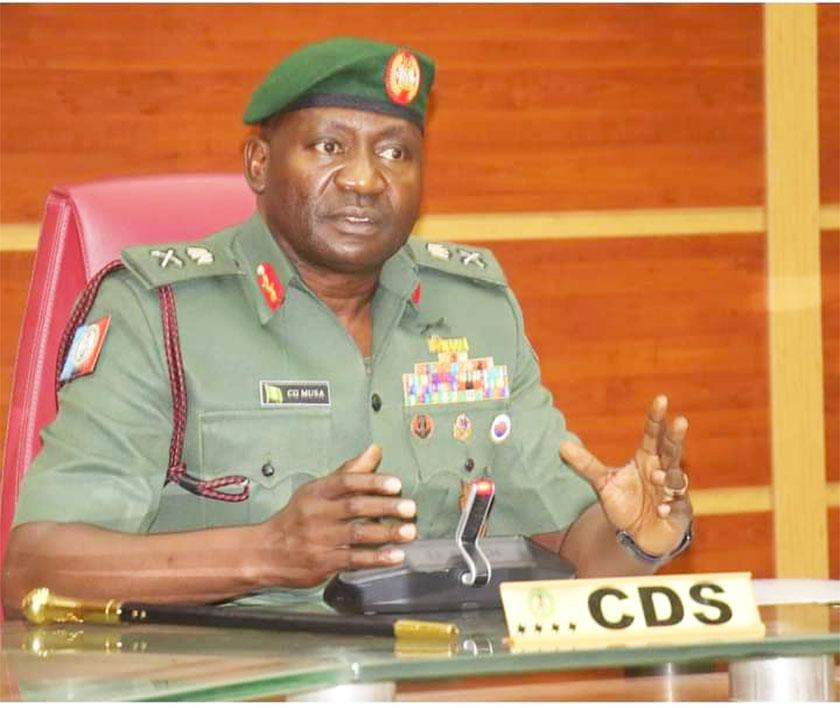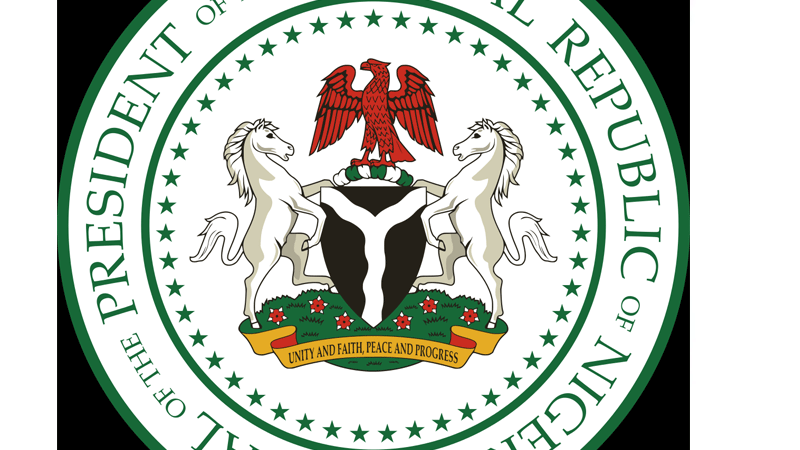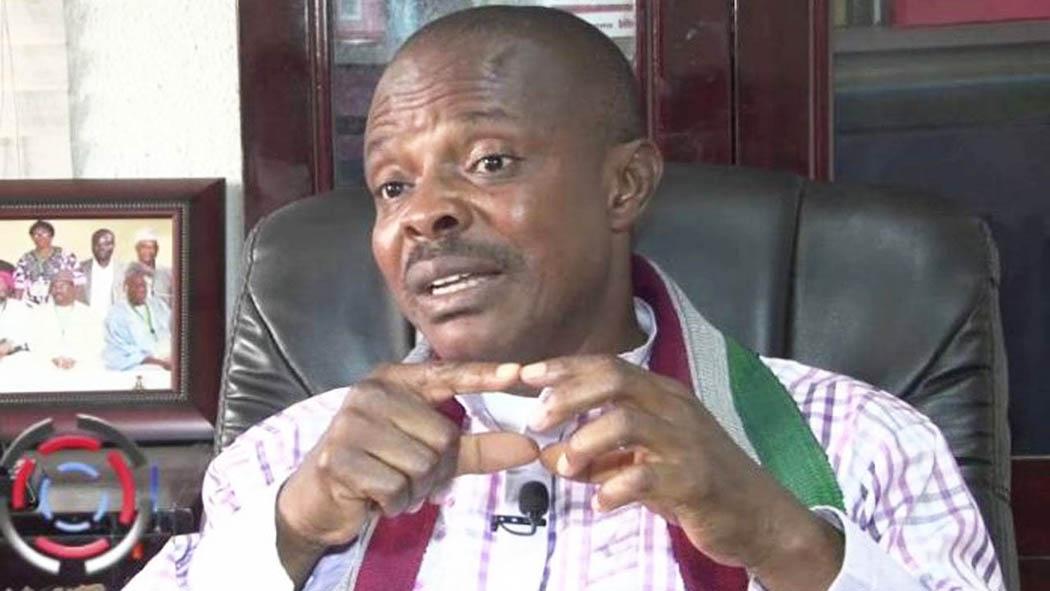Davidson Iriekpen
There was relief yesterday as the Federal High Court, sitting in Lagos, yesterday ordered the suspension of the military exercise tagged: ‘Operation Positive Identification,’ which the Nigerian Army began nationwide last Friday.
Under the exercise, the army, in conjunction with other security agencies are mandated to demand means of identification from motorists and passers-by to ascertain their nationality in a bid to fish out insurgents fleeing from the North-east.
However, delivering a short ruling in a suit filed by a human rights lawyer and Senior Advocate of Nigeria (SAN), Mr. Femi Falana, Justice Rilwan Aikawa ordered parties in the matter to maintain the status quo pending the final determination of the suit.
Falana had on October 25, sued the Nigerian Army, the Chief of Army Staff, Lt. Gen. Tukur Buratai, and the Attorney General of the Federation, Mr. Abubakar Malami SAN, over the exercise.
He asked the court to declare the operation scheduled for November 1 to December 23 as unconstitutional, illegal, null and void.
At the hearing of the matter yesterday, the Nigerian Army and the Buratai, who were listed as the first and second respondents in the matter, had no legal representation.
But Falana informed the court that they were duly served and that he had spoken with their counsel on a probable date to commence substantial hearing of the matter.
The Attorney General was represented by Fiyinfoluwa Sobowale from the Ministry of Justice.
Seeking an adjournment, Sobowale said the AGF would be applying for a suitable date to enable them to properly respond to the issues.
Falana, however, called for the closest date possible, arguing that the case was time-bound and there would be no point in the case if the parties continued with their actions while the matter is yet to be heard in court.
He stressed that the only way the date suggested by Sobowale would be acceptable is if the ministry agreed to ensure that the status quo is maintained.
Agreeing with Falana, the judge said due to the nature of the case, a delay would reduce the case to a mere academic exercise.
Delivering the short ruling, Justice Aikawa said: “In view of the agreement between counsel, I hereby order the first and second defendants to maintain the status quo pending the determination of the case.”
He also adjourned the matter till November 18 for the substantive hearing of the matter.
In his suit against the army, Falana argued that the operation violates his right and that of other Nigerian citizens to liberty, “as encapsulated in Section 35 respectively of the 1999 Constitution (as amended) and Article 6 of the African Charter on Human and Peoples Rights (Ratification and Enforcement) Act, (Cap A10) Laws of the Federation of Nigeria, 2004.”
He also argued that the respondents have no constitutional authority to act in the proposed manner.
He said: “Neither the Constitution nor the Armed Forces Act Cap A20 LFN, 2004 has empowered the Nigerian Army to arrest any citizen who is not subject to service law.
“By virtue of Section 215 (3) of the Constitution, the Nigeria Police Force ‘has the exclusive power to maintain law and order and secure public safety and public order in the country’ and not the army.”
He further argued that by Section 217(1) of the constitution, the president could only deploy the armed forces for the suppression of insurrection and acting in aid of civil authorities to restore law and order.
“There is no insurrection in every part of the country, which the Nigeria police cannot contain to warrant the deployment of armed troops all over the country from November 1, 2019 to December 23, 2019.
“The 1st respondent (the Nigerian Army) under the leadership of the 2nd respondent is not empowered to take over police duties and the President and Commander-in-Chief of the Armed Forces lacks the power to deploy members of the armed forces in the maintenance of internal security in any part of the country by virtue of Section 217 (a) (b) and (c) of the 1999 Constitution, as amended,” he added.
The Nigerian Army had initially begun Operation Positive Identification in the North-east last September to check fleeing Boko Haram and ISWAP members in the region.
The military later announced it would extend the exercise nationwide, prompting Falana to approach the court
Last week, Buratai, while defending the army’s decision before a House of Representatives committee, said the exercise would focus on intelligence rather than deployment of troops or mounting roadblocks across the country.





